
The reasons why some dogs eat feces are not entirely known, but we understand how frustrating it can be for dog owners. If you find that your pup is often eating poop, don't fret: Coprophagia, or the act of eating feces, is relatively common in dogs. It's also treatable in several ways, such as keeping your yard free of dog droppings and understanding why your dog is doing this in the first place.
The reasons why some dogs eat feces are not entirely known, but there are a few theories. Dogs may eat stool for reasons like instinct, hunger, stress, or illness.
Mother dogs instinctively lick their pups clean, which includes ingesting the puppies' feces. This normal maternal behavior keeps the pups and their environment clean. Many puppies will begin to eat feces at a young age. Some pups grow out of this normal behavior while others continue this into adulthood.
Eating the feces of other species is also considered natural behavior. If you have a cat, you may notice that your dog cannot stay away from the litter box. Most dogs love the taste of cat poop. Perhaps this is because of the high-protein diets of cats.
A dog suffering from starvation or severe malnutrition might eat anything it can find. Some dogs, though well-nourished, are hungry all the time (this may be a sign of illness or simply the personality of the dog). Many dogs are completely obsessed with food and will ingest anything that tastes good to them.
Unfortunately, many dogs seem to like the taste of feces. Some people believe that dogs eat feces when they are lacking something in their diets. Most veterinarians say that this is actually not the cause of coprophagia.
A dog in fear or under a great deal of stress may eat his own stool. In some cases, this could be a kind of self-soothing mechanism. However, if a dog is punished for inappropriate defecation or other action related to feces, he may associate the punishment with the presence of feces. By eating the feces, he is removing the "evidence" to avoid punishment.
Certain diseases and illnesses can cause a dog to eat feces. A symptom of some diseases is increased appetite or ingestion of inappropriate items (called pica). An illness that changes the consistency or smell of the stool might encourage a dog to eat his own stool. The sudden onset of coprophagia calls for a veterinary exam.
Some dogs with dementia and other brain diseases have been known to start eating stool. This may be due to the confusion and disorientation caused by the disease.
It generally poses little danger for a dog to eat his own stool. However, bacteria and parasites from that stool can possibly be transmitted to the dog and therefore to humans and other animals through contact with the dog's mouth, saliva, or feces. If you are unable to keep your dog from eating feces, be sure to wash your hands thoroughly if you are in contact with your dog's mouth/saliva.
When a dog eats the feces of another animal (especially another dog or a cat), he is at risk for ingesting the eggs of intestinal parasites and potentially harmful bacteria that can easily lead to illness. A dog that is known to eat the feces of other animals should have frequent fecal analyses by a veterinarian.
Perhaps the worst effect of a dog eating poop is the foul breath you have to smell. Home dental care can help the breath, but it's best to prevent stool-eating altogether.
Once you have ruled out medical problems as a cause for the coprophagia, you are left with addressing the behavior. Because stool-eating is considered a self-rewarding behavior, it can be difficult to reverse.
First, make sure your yard is kept free of animal waste. Pick up your dog's stool as soon as possible after defecation. Be on high alert if your dog tends to eat his own feces during or immediately after defecation. Keep your dog on the leash when defecating. If his attention goes to the feces, immediately turn his attention to you (try teaching the "look" command). Reward him for paying attention to you with a tasty treat, then immediately pick up the feces and discard it. Another helpful command to use at this time is to say, "Leave it."
One more method to prevent coprophagia is to add something to your dog's diet that makes the stool taste bad to the dog. These products will not work for all dogs, but they will generally not harm your dog to try (as long as your dog is not allergic to any of the ingredients). Be sure to choose a product that is labeled for dogs, such as "For-Bid" or "Deter." Ask your veterinarian about the safest and most effective products to prevent poop-eating dogs.
No, this is a myth. Feeding dogs pineapple does not make them stop eating poop.
Well, frankly, because it's there. Dogs like to eat poop, they are especially interested in poop that comes from other animals, like rabbits, because it has an unfamiliar aroma.
Your dog eats cat poop because it has a strong and unfamiliar smell.
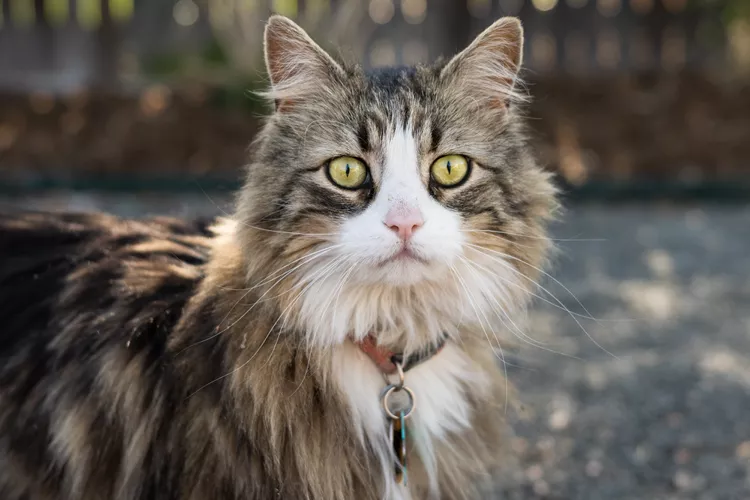
75 Unisex Cat Names
Our gender neutral cat names perfect for your feline friend, with a diverse selection of fun and inclusive options to fit your pet's disposition.
Why Does My Cat Stink?
Is your cat stinky? Find out about the causes of bad odors in cats and when it is something to be concerned about. Learn how to help your stinky cat.
Signs of Rabies in Cats
Rabies is a fatal and contagious virus that can affect cats. Learn about the signs of rabies in cats and what to do about them.
Can Cats Eat Dog Food?
Can cats eat dog food? In small amounts, it's unlikely to be a problem, but long-term feeding of dog food to cats can cause health issues and malnutrition.
Exploring the Different Types of Pet-Friendly Beaches
Are you looking for pet-friendly beaches? Learn about the different types of pet-friendly beaches, their locations, and tips for visiting them with your pet.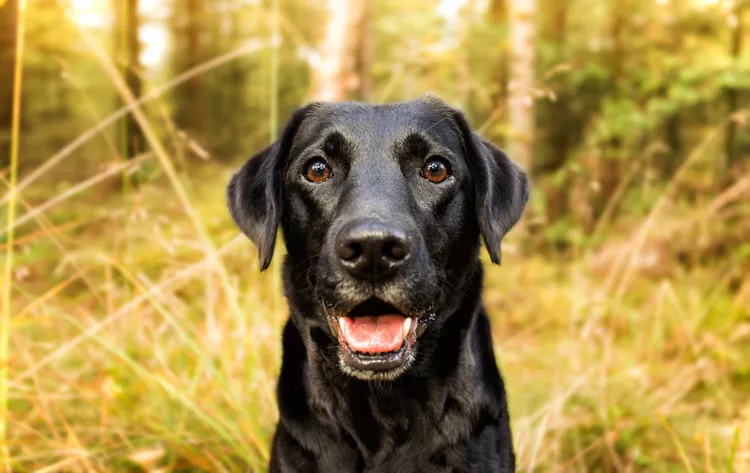
Pulled Muscles in Dogs
A pulled muscle is one of the most common injuries seen in dogs. What can you do if your dog pulls a muscle and how can you prevent it?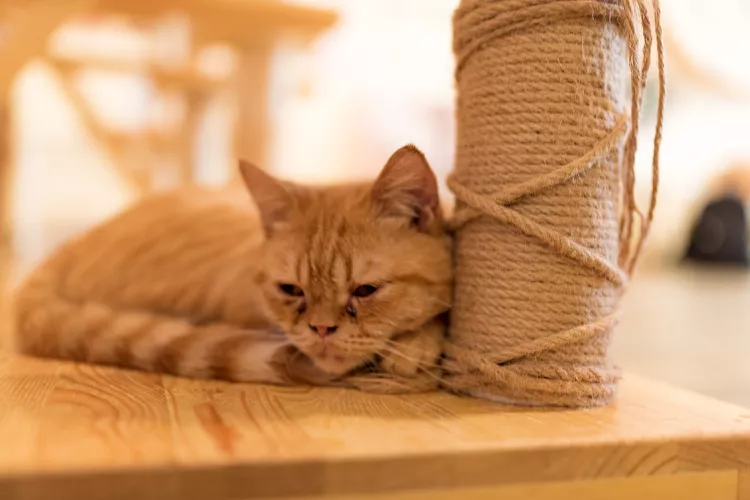
Fibrosarcoma in Cats
Fibrosarcomas are potentially fatal soft tissue tumors that can occur in cats. Learn the causes, treatment, and prevention.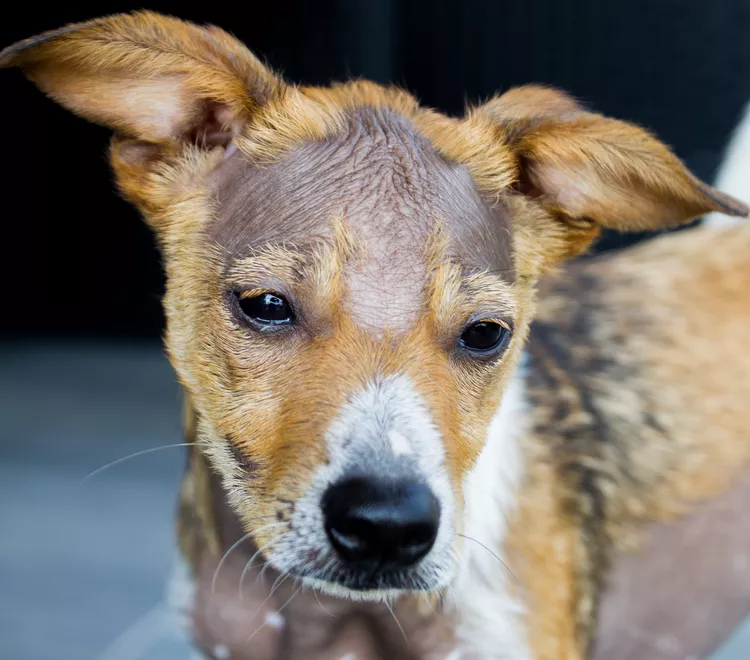
Alopecia in Dogs
Alopecia leads to hair loss and bald spots in dogs. Some breeds may be more at risk. Learn common causes, treatment, and prevention of dog alopecia.
Is Acetaminophen Safe for Dogs?
Acetaminophen is used by humans for pain and fever relief, but is it safe for dogs? Here's what you need to know before giving your dog acetaminophen.
Can Dogs Eat Almonds? Understanding the Risks and Guidelines
Can dogs eat almonds? While a couple likely won't hurt, it's best to avoid feeding your dog this nut. Learn the risks here.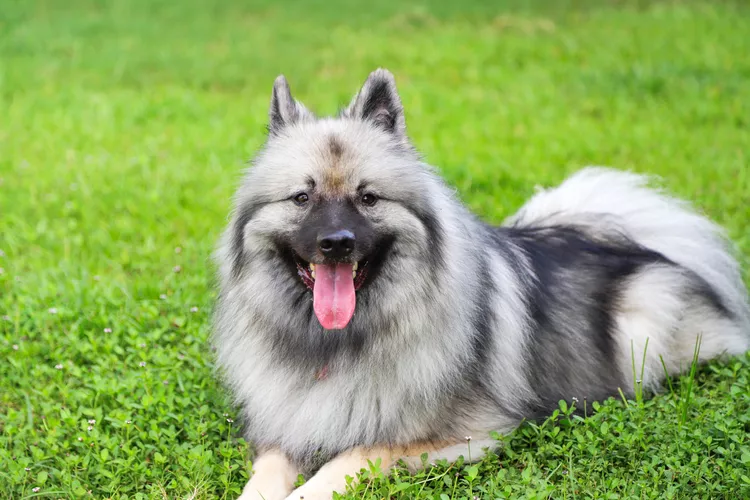
Keeshond: Dog Breed Characteristics & Care
Learn about the keeshond dog, also known as the Dutch Barge Dog. This fluffy spitz breed was bred to guard, but also makes a friendly companion.
Is Rosemary Safe for Dogs?
Rosemary is used both for cooking and as a supplement with many reported health benefits in people, so you may be wondering if it is safe to give to your dog. Rosemary is considered non-toxic for dogs but with some caveats.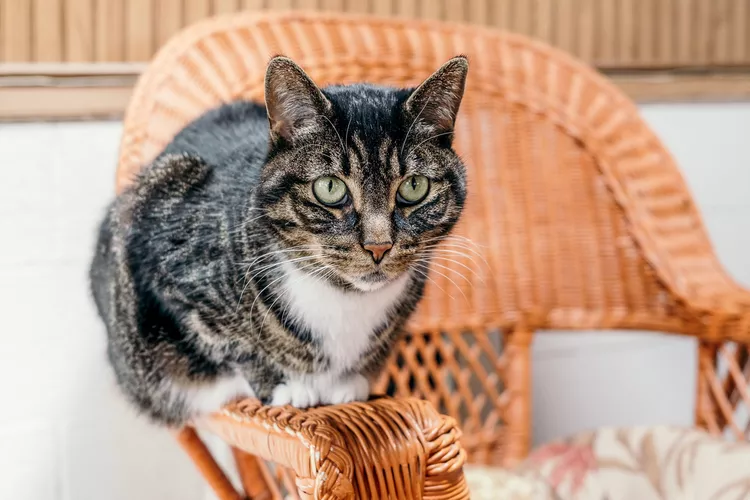
7 Hybrid Cats Breeds
Hybrid cat breeds can make appealing pets since they look more exotic than domestic house cats, but they aren't for everyone.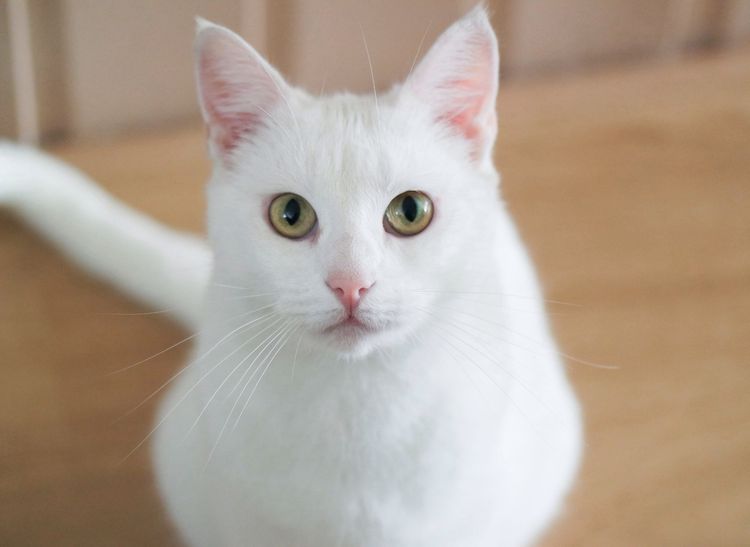
The Best White Cat Breeds to Keep as Pets
Several breeds can result in white cats with long or short hair. Find out the pros and cons of these white cat breeds.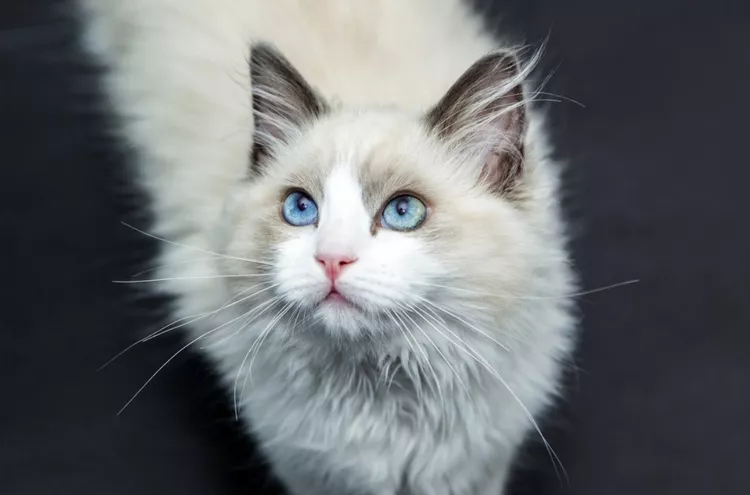
11 Cute Pictures of Ragdoll Cats
Ragdoll cats are known for their beautiful coats and bright, blue eyes. Learn all about the breed, and check out some cute pictures here.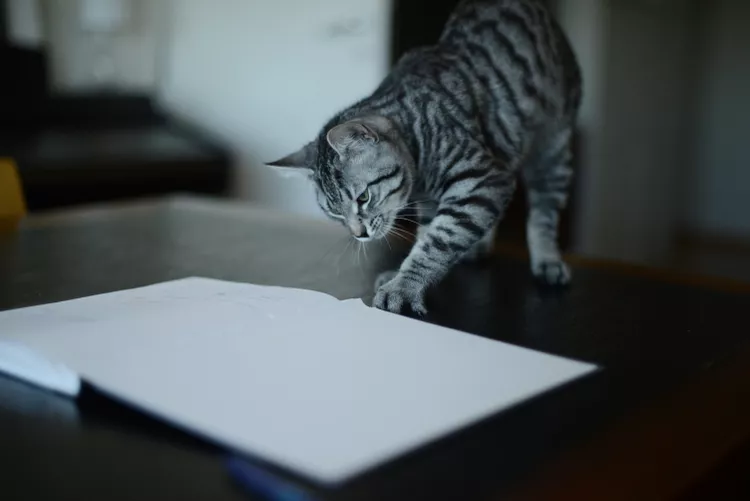
7 Reasons Why Your Cat Eats Paper, and How to Stop It
Is your cat eating paper? Learn why your cat is doing this, and find out how to put a stop to it.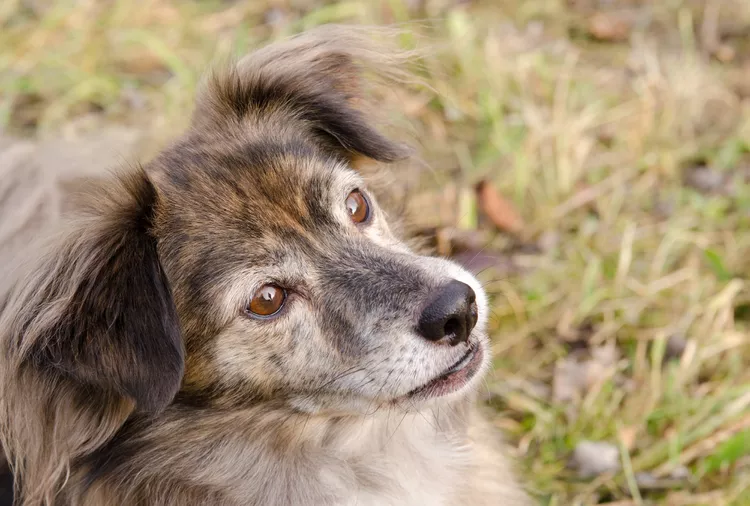
Feist: Dog Breed Characteristics & Care
Feists are small, short-haired dogs developed to hunt squirrels and catch vermin. These high-energy, affectionate pooches make great companion animals.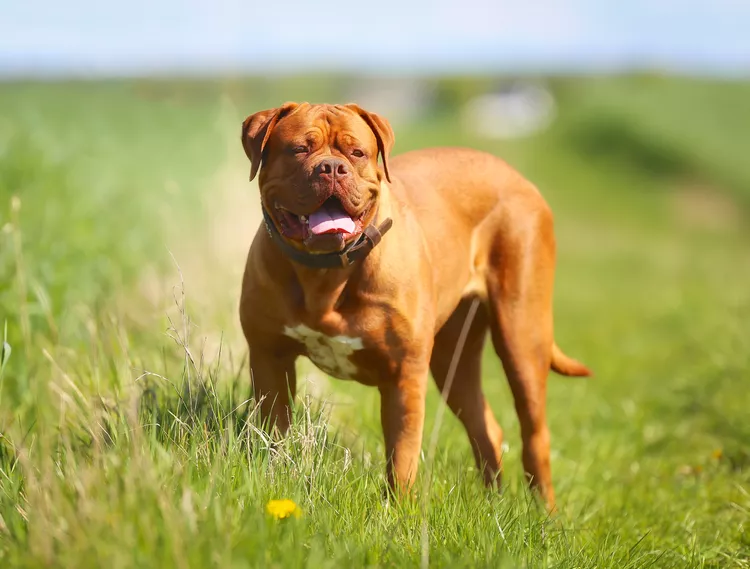
Dogue de Bordeaux (French Mastiff): Dog Breed Characteristics & Care
Learn about the Dogue de Bordeaux, also called the French mastiff. Although large and muscular, they’re known for their calm and gentle personality.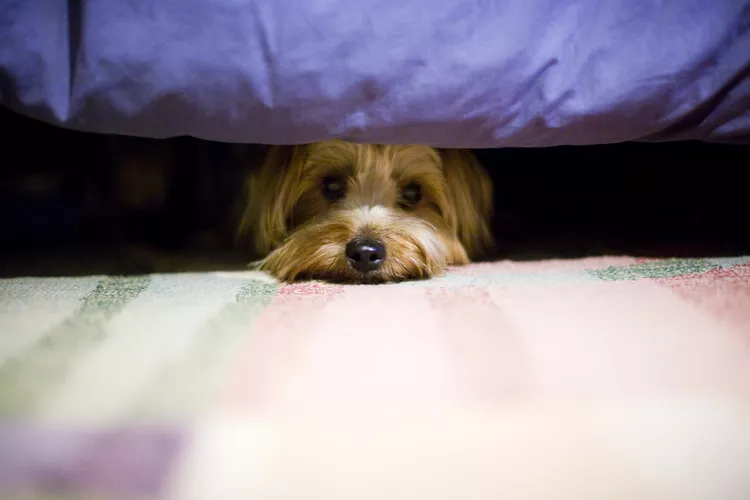
How to Stop Your Dog From Fearing Men
Many dogs have a phobia of men. Learn how to help your dog overcome its fear through desensitization and training while keeping everyone safe.
Why Dogs Eat Poop and How to Stop Them
Is your dog eating poop? Some dogs do this because of stress or illness. Learn how to prevent stool eating, or coprophagia, in dogs.